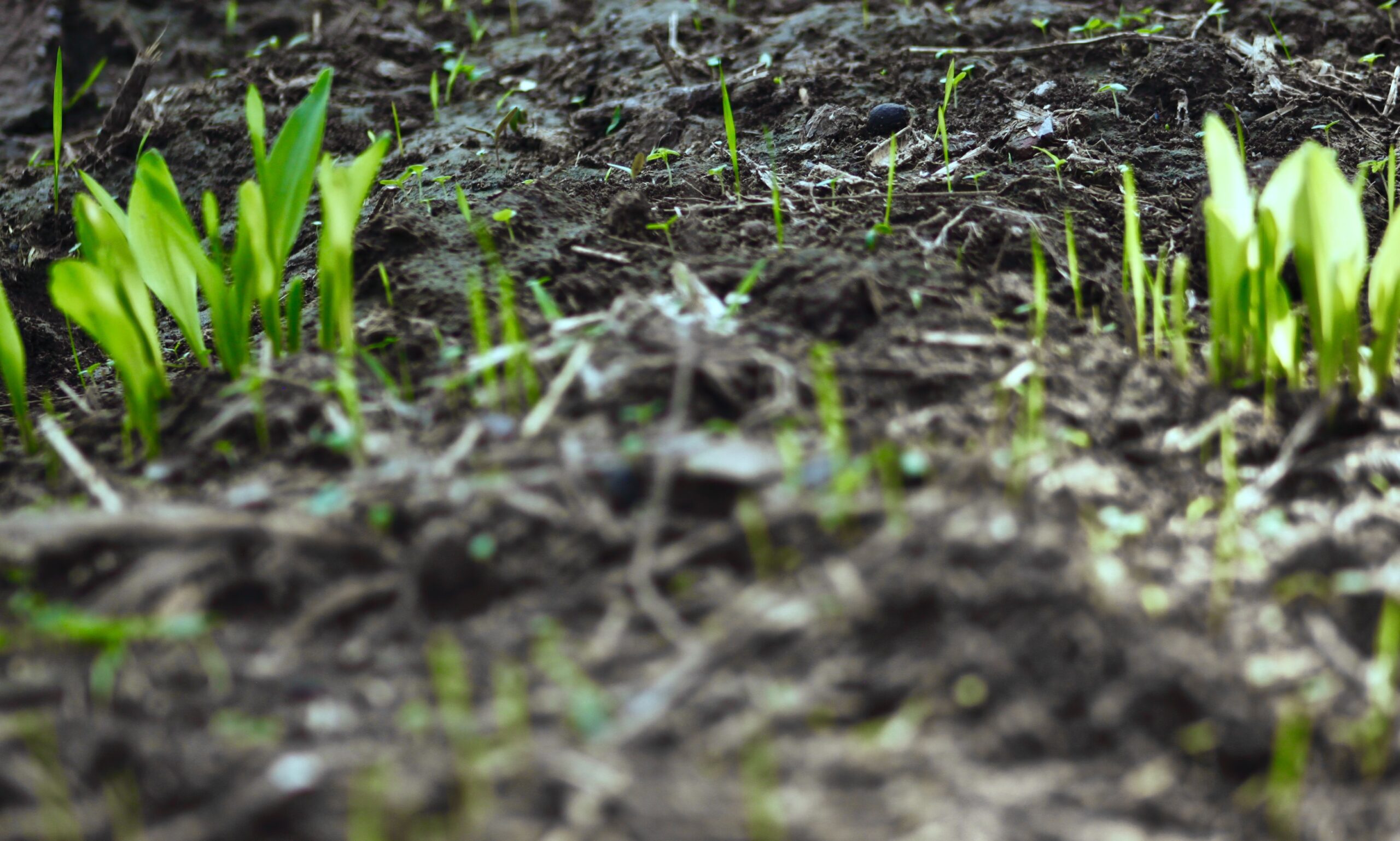Impact assessment and evaluation of current water reuse guidelines for irrigated agriculture in terms of applicability in Egypt
Description
The purpose of this study is to identify the gaps between the existing laws and guidelines regarding the reuse of water for agricultural purpose on the one hand and the actual practice of farmers on the other hand. This “stocktaking exercise” was initiated by the GIZ project “Agricultural Water Productivity as Adaptation to Climate Change (AWP-ACC)” which has been advising the Ministry of Agriculture and Land Reclamation (MALR) since 2012.
The Objective of the Programme:
- “Agricultural Water Productivity is improved as a means to adapt to climate change by optimising fertilizer practises and pesticides, crop rotation and the planting calendar.”
The main objectives of this study are to assist the On-Farm Projects Management Unit (PMU) and AWP-ACC in compiling and evaluating guidelines regarding the reuse of drainage water, as well as integrated pollution prevention and control, and law enforcement measures among farmers concerning pollution. The study duration comprised three weeks field research plus some additional days for the collection and analysis of secondary data and report writing. NSCE conducted the study under the lead of AHT Group AG.
In the report, the findings of the study presents the analysis as follows:
- General introduction and embedding into the context;
- Overview of the agricultural sector in the Nile Delta;
- Overview of the existing institutional framework involved in water reuse;
- Overview of existing laws and guidelines regarding water reuse.
Services
- Contribute to Agricultural Water Productivity as a means to adapt to climate change by optimising fertilizer practices and pesticides, crop rotation and the planting calendar.
- Assess the impact of climate variability on agricultural water use and crop productivity.
- Identify gaps and opportunities for improving water productivity in smallholder farming systems.
- Provide technical guidance on climate-smart water management techniques, including deficit irrigation and scheduling.
- Contribute to improving knowledge management of climate change relevant information to improve planning of adaptation processes
- Contribute to the design of farmer training content focused on increasing resilience to heat and water stress as well as on effective and resource-conserving farming and irrigation methods, crop selection, use of fertilizers, and crop sequences
- Provided key inputs to the final project report, including field observations, recommendations, and lessons learned.
- Contribute to the study on the agricultural sector in the Nile Delta (situation analysis on 1) farms and crops, 2) the irrigation and drainage systems in the Nile Delta, 3) water reuse in Egypt, 4) SWOT-Analysis of the agricultural sector:
- Evaluate the application of reused water in irrigation systems:
- Analyze the technical feasibility and environmental sustainability of current water reuse practices under climate change conditions.
- Integrate climate-smart agriculture (CSA) principles in evaluating reuse potential, with a focus on improving resilience to water scarcity.
- Contribute to the final technical report and outline recommendations for a reduction of water demand, use of additional water sources, and an increase in water productivity


